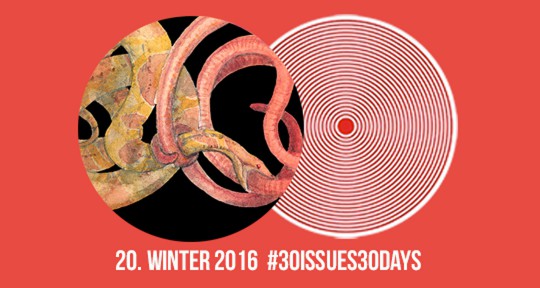The Hebrew poetry produced in Andalusia during its height is a startling instance of cultural synthesis. Jews participating in the prosperity of Islamic Spain enjoyed unusual mobility and integration under a protected if second-class status. Poetry was central to Islamic culture, prized and woven throughout social life, and the Hebrew poetry was in both conversation and competition with its Arabic counterparts. Following Arabic models, Jewish poets created a body of work which stands as the high point of Hebrew poetry between the Bible and the revival of Hebrew in the 20th Century.
The Arabic and Hebrew poetries of the period are written within a dense set of formal constraints. They employ an exacting quantitative meter, and primarily the qasida form of mono-rhymed lines divided into hemistiches. And as Islamic poetry used only classical Arabic of the Quran, so the Andalusian Hebrew poets wrote in strictly Biblical Hebrew, bypassing a millennia of linguistic development. This makes the work profoundly hypertextual, in conversation with the body of canonical Hebrew literature at the same time as with their Arabic contemporaries. It is also highly ornamental: sonically lush with alliteration, assonance and interwoven consonants and vowels; and syntactically dense with double and triple puns, homonyms and other wordplay.
As a poet reading these I experience above all an utter reveling in the materiality of language. My goal is to create versions that approach some of this sonic richness. In this light I privilege the music over form and precision of content. I aim to render this music as immediate as possible, which means I sometimes adapt archaic images and terms to ones with more resonance in contemporary language.
—Dan Alter
[Has time taken off its troubled]
Has time taken off its troubled clothes。。。 & put on finery
& the earth in silks & brocade。。。 has made quilt-work pillowed in gold
& all the Nile’s fields a mosaic。。。 as if jewels shining on the high priest
Oases laid out with dyed linens。。。 cities carpeted pure gold & silver
& by the banks young women。。。 would be light-footed as gazelles
But slowed down by bangles。。。 anklets hemming their steps
& the heart is drawn to forget its years。。。。 & remember other children
While Eden’s river runs through。。。 Egypt’s fields & riverbank gardens
& gold-red fields of grain。。。 wearing their embroidery
Sway in the sea-wind。。。 as if bowing down in praise READ MORE…



